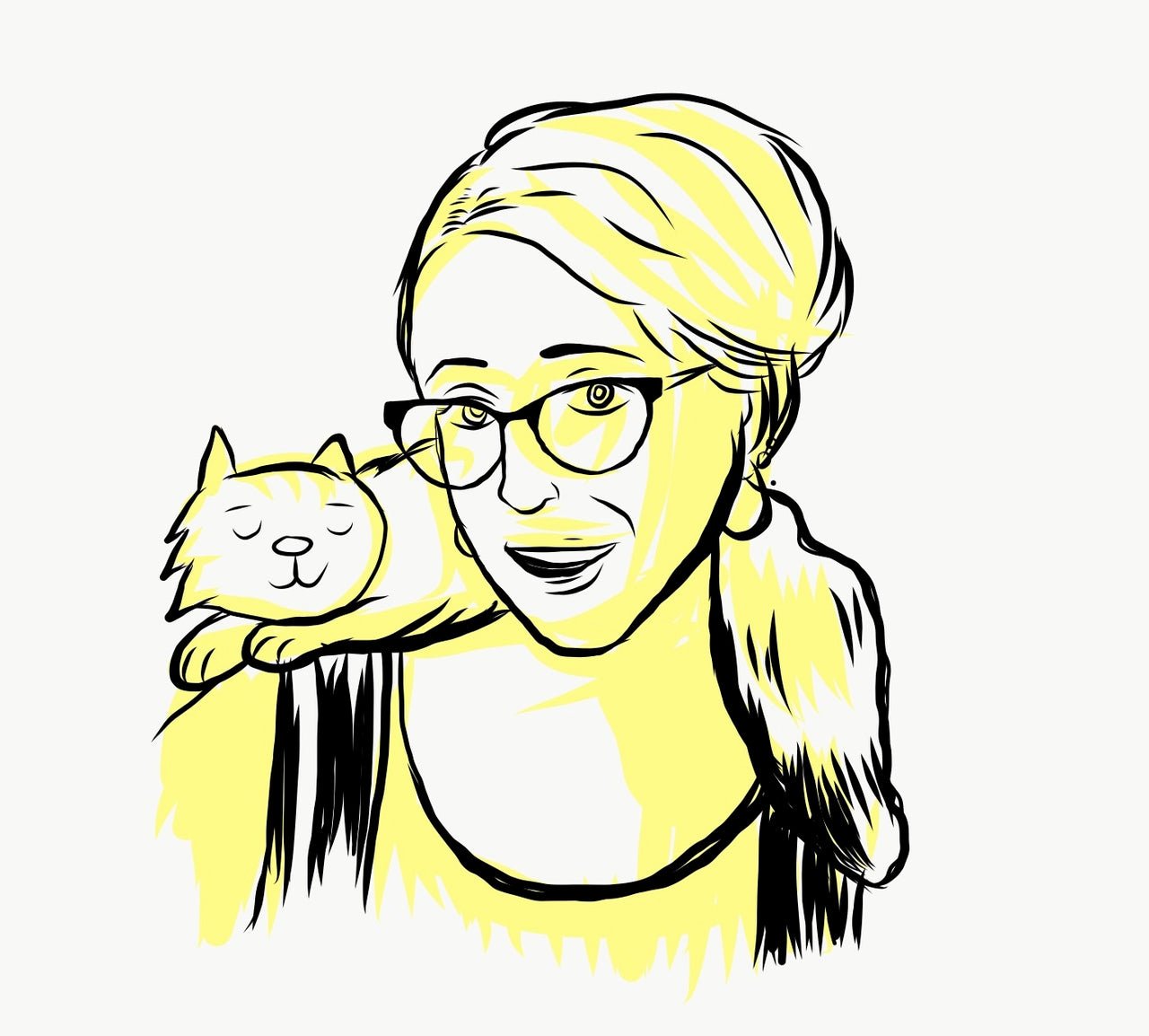If you're looking for a machine that's a little bit classier than the Rancilio Silvia, but you're not looking to spend $1500 on the machine alone, the Quick Mill Alexia is a gorgeous single boiler that has the benefit of a very large (a little over 25 fl oz.) boiler, the hallowed E61 brew group and a low water cut off to keep your machine from burning out. It also has a shiny stainless steel design much like the rest of Quick Mill's US espresso machines.
It's not a heat exchanger, however, so you don't have simultaneous steam and brew functionality available. Therefore, following the steam -> temperature surf -> brew procedure will not only keep your boiler in good shape (by regularly pulling fresh water into the boiler), it will make sure your brew temp is just right for that super-sweet shot. While we regularly recommend the Alexia as the cream of the crop for shot lovers, some latte/cappuccino drinkers pick it up as well and are really satisfied with the results, even though it takes a bit more time than its heat exchanger or double boiler counterparts.
You can retrofit the machine with a PID, but if you don't want to add another few hundred bucks to your purchase price, it is easy to use the machine once you have a good idea of how to regulate the temperature. Since our demo model in the store has a PID, we went through and tracked the process corresponding to the PID's temperature gauge to determine a rough estimate of how much water to pull through the steam/water wand during temperature surfing to easily switch between steam and brew temps.
First up, a diagram:
 Please excuse our grubby little paws, but you know that's how we roll. Here's what these correspond to:
Please excuse our grubby little paws, but you know that's how we roll. Here's what these correspond to:
- 1: Green light is on when #2 is switched to the left position and the machine is on.
- 2: On/Off toggle switch; as indicated on the machine, right = off, left = on.
- 3: Heating light - this light will kick on to indicate that the boiler is heating. If it's off, it means your machine is at temperature for either steaming or brewing (depending on which mode it is in).
- 4: P is for pump! Turn this on to pull water from the reservoir into the boiler; right = pump is off, left = pump is on. You would turn this to the left to pull hot water (instead of steam) through the steam/water wand.
- 5: Steam switch - right = off, left = on; turn this on to get your boiler up to steam temp. If this is on, steam will come out of the steam/water wand.
- 6: Steam on/ready light - this light will be on to indicate that the machine is in steam mode, but the heating light is what will indicate when it's reached steam temperature, so this light will always stay on until you want to leave the steam mode.
- Turn on the machine (#2 in the left position, #1 should go on).
- Turn on the steam functionality (#6 red light should go on).
- When the machine is heating, you will see that the middle light (#3) is on; leave the machine to heat up to steam temp -- this is the perfect time to get your milk ready in your frothing pitcher.
- When the #3 light goes out, the machine is now up to steam temperature, so you're ready to froth.
- Froth to your heart's content!
- When you're finished, it's time to cool down the boiler; this is the process referred to as 'temperature surfing'.
- Turn off the steam switch (#5).
- Turn on the pump (#4).
- Put a pitcher/cup, etc., underneath the steam/water wand and turn it on.
- For a 12 oz pitcher of milk, we measured that you'll drain about 10 oz. of water through the steam/water wand to bring it down to temperature. Do so, then shut off the steam/water wand and turn off the pump.
- You should see that the heating light (#3) is back on again, indicating that cool water has brought the boiler temp down below ideal brewing temperature and it is now heating up. If you don't see this light go on, follow steps 8 - 10 again and pull a bit more water through the steam/water wand. Note: The heating (#3) light will not come on while the pump is in operation, so you'll need to shut it down to see if enough cool water has been pulled into the boiler to require it to heat up again.
- Prep your coffee -- grind and tamp, etc. -- and wait for the heating light (#3) to shut off again.
- Once light #3 is off, you are up to brew temperature, so pull your shot.


